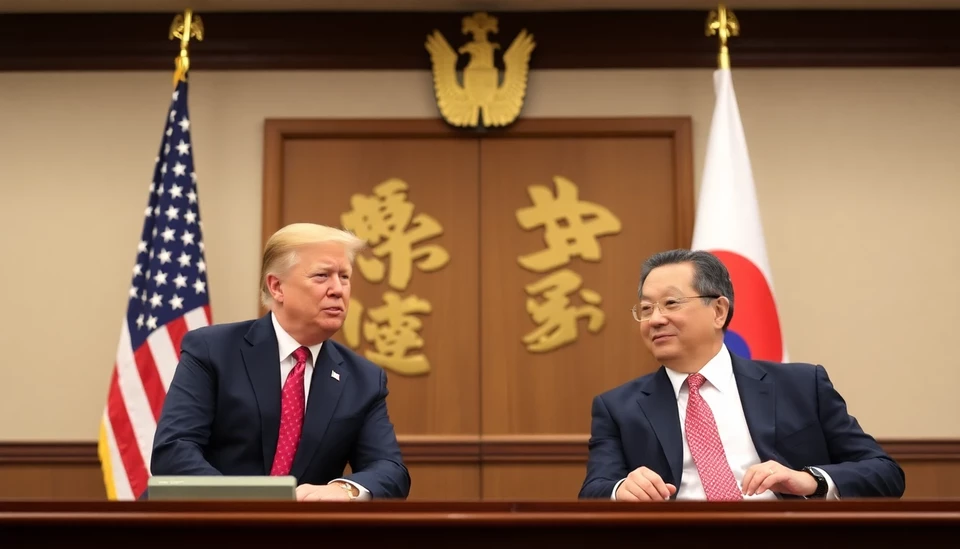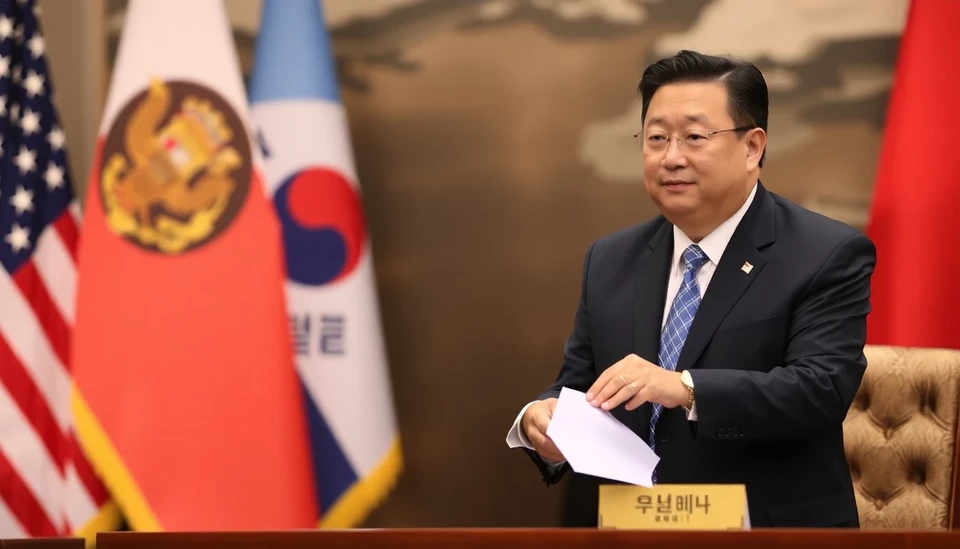
In a bold move to bolster its economy, South Korea's government has unveiled extensive stimulus plans aimed at tackling the growing economic pressures facing the nation. However, the announcement has raised significant concerns among investors regarding the potential implications for the country’s debt market. As authorities prepare to inject substantial funds to support various sectors, the potential for increased borrowing and its impact on national debt levels is coming under scrutiny.
The South Korean government is focusing on implementing measures designed to stimulate growth amidst ongoing global uncertainties and domestic challenges. With inflation showing signs of persisting and economic growth rates projected to slow down, the authorities are planning to roll out a comprehensive stimulus package. This initiative aims to provide financial support across critical sectors such as infrastructure, technology, and public welfare, all of which are crucial for driving sustainable economic advancement.
However, these ambitious plans are not without their critics. Financial analysts have expressed their apprehensions regarding the funding mechanisms for these initiatives. Concerns are mounting over the potential for increased government borrowing, which could push the country's debt levels to unsustainable heights. Investors fear that a surge in borrowing could lead to higher interest rates and negatively affect the overall debt market stability.
Officials have attempted to reassure stakeholders by emphasizing their commitment to prudent fiscal management and sustainable economic growth. Yet, the fine balance between stimulating the economy and managing debt levels is proving to be a difficult equation to solve. The delicate nature of this situation has led to heightened volatility in South Korea's bond market, with yields fluctuating as investors weigh the risks versus the anticipated benefits of the stimulus plans.
Moreover, the ongoing global economic conditions, such as shifts in monetary policy from major economies like the United States and the European Union, further complicate South Korea's financial landscape. Analysts point out that any tightening of global financial conditions could exacerbate the challenges faced by South Korea, making it imperative for the government to adopt a cautious and strategic approach in executing its stimulus plans.
The government is expected to provide further clarifications on the specifics of the stimulus funding, including detailed projections on how these plans will be financed and their expected impact on long-term economic health. Investors and market participants are keeping a close watch, eager to understand how the government intends to navigate the dual challenges of stimulating growth while keeping debt manageable.
As the government prepares to roll out these plans, the financial market's reaction could set the tone for South Korea's economic trajectory in the coming years. The balance between ambitious growth targets and financial prudence is essential as the nation strives to emerge stronger from current economic challenges.
In summary, while South Korea's stimulus plans offer a glimmer of hope for an economy under pressure, the associated funding fears and potential impact on the debt market are critical factors that cannot be overlooked as the government moves forward with its strategy.
#SouthKorea #EconomicStimulus #DebtMarket #InvestorsConcerns #FiscalPolicy #EconomicGrowth
Author: Rachel Greene




